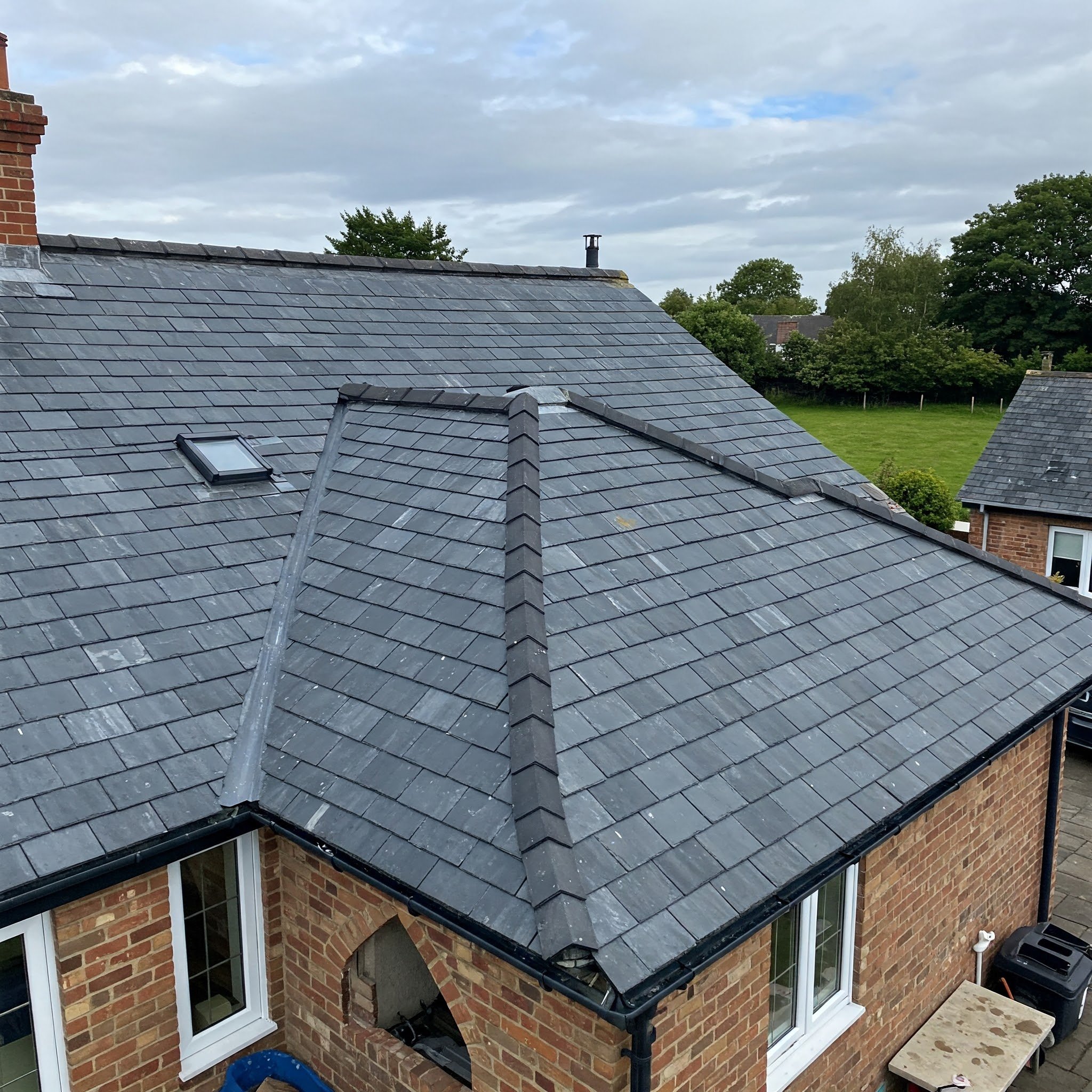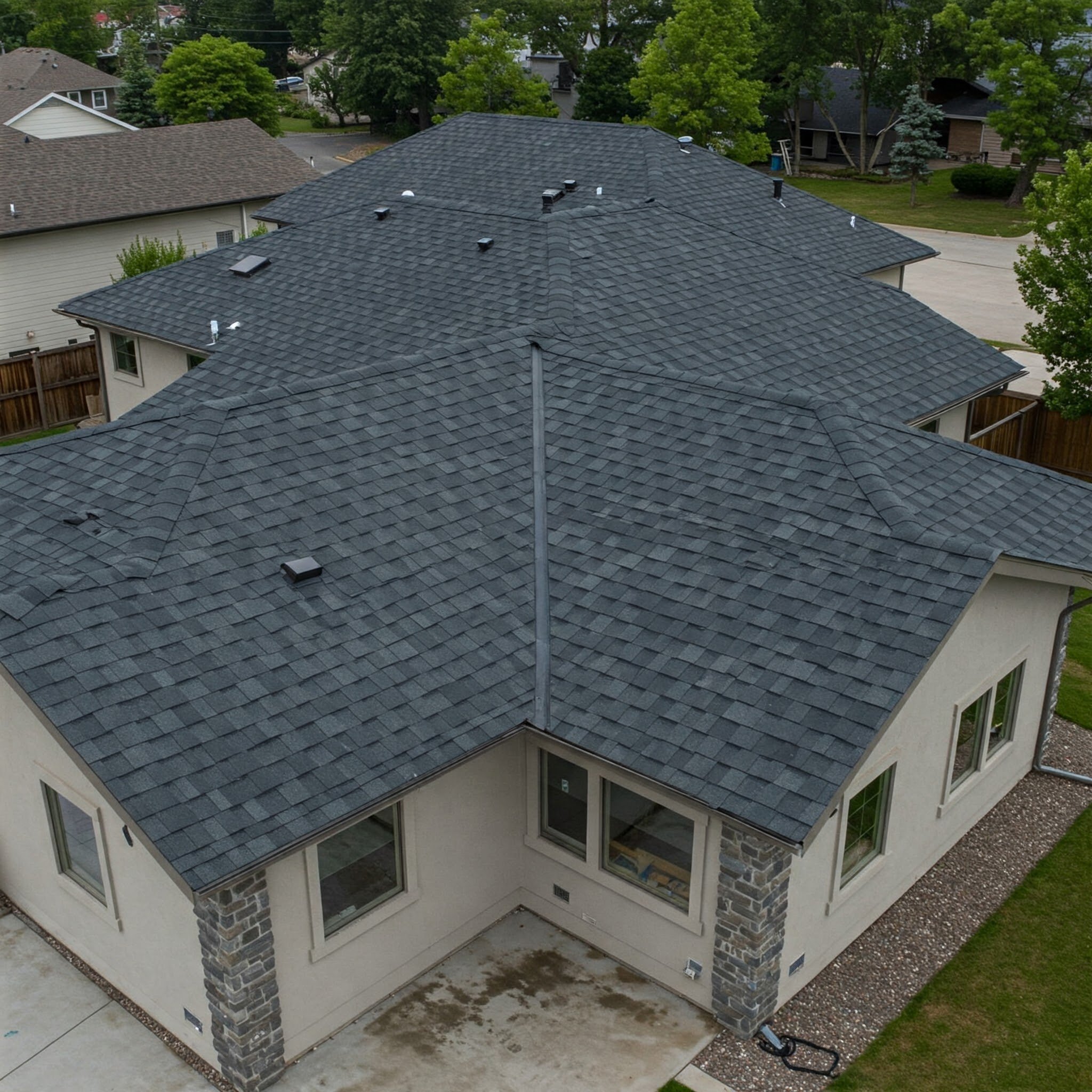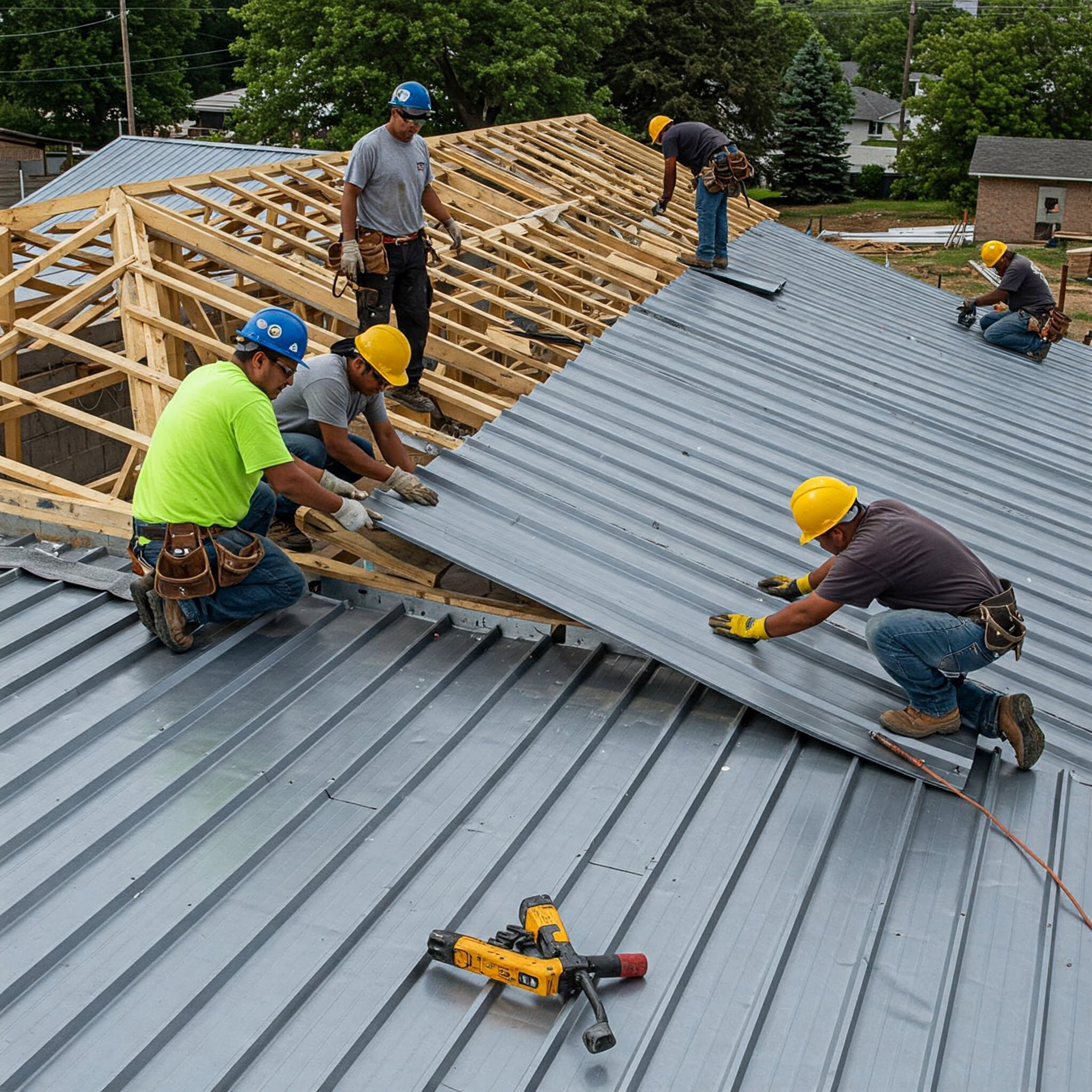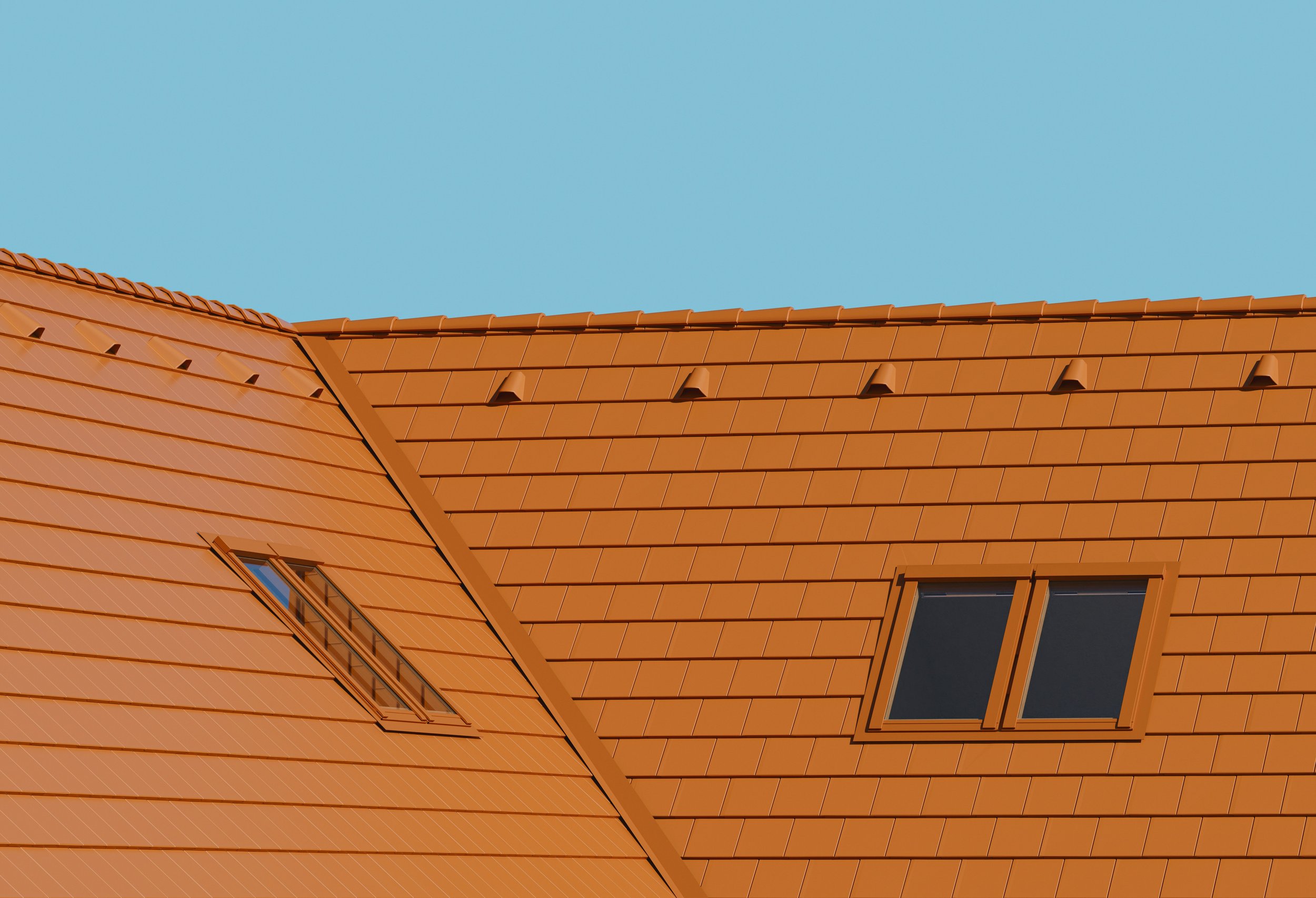6 Expert Tips for a Perfect Roofing Job
Discover 6 expert tips to ensure a flawless roofing job, from choosing the right materials to hiring the best professionals.
When it comes to home improvement, few projects are as crucial as roofing. A well-constructed roof not only enhances the aesthetic appeal of your home but also provides essential protection against the elements.
Whether you're replacing an old roof or embarking on a new build, understanding the intricacies of roofing jobs can significantly impact the durability and functionality of your structure. In this guide, we’ll explore six expert tips to help you achieve a perfect roofing job, ensuring that your investment stands the test of time while keeping your home safe and secure.
Choose the Right Material
Selecting the appropriate roofing material is vital for both aesthetics and performance. Traditional options like asphalt shingles are popular due to their affordability and ease of installation, but there are also durable alternatives such as metal, tile, or slate that can withstand harsh weather conditions. Each material comes with its own set of pros and cons, including cost, lifespan, and maintenance requirements. Therefore, it’s essential to assess the specific needs of your home and the climate in your area before making a decision.
Additionally, consider the energy efficiency of your chosen roofing material. Some options, like reflective metal, can help keep your home cooler in the summer, potentially lowering your energy bills. A metal roof installation may also qualify you for energy tax credits, making it a cost-effective choice in the long run. Not only will this help you save money, but it also benefits the environment by reducing your home's carbon footprint.
Understand Local Building Codes
Before starting any roofing project, it's crucial to familiarize yourself with local building codes and regulations. These codes dictate everything from material usage to structural requirements and can vary significantly depending on your location. Ignoring these regulations can lead to costly fines or even the need to remove and redo work that doesn’t comply. An inspection of your property may also be necessary before and after the project, so be sure to allocate time and resources for this.
Hire Experienced Contractors
The quality of your roofing job will greatly depend on the skills of the contractor you choose. Hiring experienced contractors means you’ll benefit from their expertise in installation techniques and knowledge about local building codes. Take the time to research potential contractors by reading reviews, checking credentials, and asking for referrals. A reputable contractor will have a portfolio of previous work and be willing to answer your questions, providing peace of mind before you commit. You can also get to know the people behind The Roof Doctor to understand their expertise and commitment to quality. Additionally, ensure that your contractor is licensed and insured. This protects you from potential liabilities should any accidents occur on your property during the job.
Maintain Regular Inspections
Once your roofing job is complete, the work doesn’t stop there. Regular inspections are essential for identifying potential issues before they escalate into bigger problems. Aim for at least one thorough inspection each year, ideally before the start of severe weather seasons. Look for signs of wear and tear such as cracks, missing shingles, or signs of water leakage. Taking proactive measures can prolong the life of your roof and protect your home from costly water damage.
In addition to annual inspections, consider having a professional assess your roof after significant weather events, such as heavy storms or hail. These assessments can provide insight into any immediate repairs needed to keep your roof functioning optimally. Keeping a record of maintenance and repairs can also be beneficial when it comes time to sell your home, as potential buyers will appreciate a well-maintained roofing system.
Ensure Proper Ventilation
Proper ventilation is a critical aspect of roofing that is often overlooked. Adequate airflow helps prevent moisture buildup in your attic space, which can lead to mold growth and structural damage. Installing vent systems, such as ridge vents and soffit vents, can help maintain a balanced temperature and moisture level within the roof. This not only enhances the longevity of the roofing materials but also contributes to the overall energy efficiency of your home.
Additionally, good ventilation contributes to comfort inside your home. By regulating temperature extremes, it can help ensure your heating and cooling systems operate more efficiently. When planning your roofing project, consult with your contractor about the best ventilation solutions that suit your specific roof design and materials, so you can enjoy a healthy, long-lasting roof.
Prepare for Weather Considerations
Weather can significantly impact both the timeline and quality of your roofing project. It's important to keep an eye on the forecast and plan your work during seasons that typically have lower chances of rain or extreme temperature fluctuations. Scheduling your roofing job during dry seasons reduces the risk of complications, such as the material not adhering properly or moisture getting trapped during installation.
Completing a roofing project requires careful planning, execution, and ongoing maintenance to ensure long-lasting results. By choosing the right materials, adhering to local building codes, and hiring experienced roofing contractors Doylestown PA, homeowners can protect their investments effectively. Additionally, ensuring proper ventilation and preparing for varying weather conditions will further enhance the durability and performance of your roof. With these expert tips in mind, you can confidently embark on your roofing journey, knowing that your home will be safe and secure for years to come.




























